10 ways to succeed on exam day
14/12/2017
For many students, exam season can be a very overwhelming time. You’ve done all the revision and academic preparation you can, but how can you mentally prepare yourself for stressful time ahead?
Here are our top tips for reaching top marks.
1. Make the most of your morning prep
Get a good night’s sleep the night before so you wake up refreshed and revitalised on the day of the exam. Avoid caffeine after 7pm and under no circumstances try to pull an all-nighter – trust us, it won’t help. Sleep is critical for memory retention, so aim to get at least 8 hours of good, uninterrupted rest. It’s worth setting your alarm that little bit early so you can calmly go through your morning routine and allow yourself time for a substantial breakfast the next morning.
2. Eat a ‘power’ breakfast
Never skip breakfast, especially not on exam day. Research shows that students who eat breakfast do significantly better in exams than those who don’t, so pack it full of slow release energy foods to keep your body and mind switched on throughout the day. Bananas, porridge and whole grain carbs, like brown toast, are always good options for maximum brain power.
3. Check, double check, triple check
Before you leave the house, check and double check that you have all the equipment and information that you need- including several pens (they often have a way of running out at the most inconvenient moments), ID, a bottle of water, details of the start time and location and any other equipment you may need. There’s nothing like arriving at the exam venue and realising something is missing to send you into a spiral of blind panic!
4. Positive people lead to positive thoughts
Aim to arrive at the exam hall in plenty of time so you have time to relax and get into a positive frame of mind. If you find yourself surrounded by lots of panicky people, just walk away and find yourself a quiet spot. Dealing with your own thoughts of panic is tough enough without adding the worry of others!
5. Plan your time carefully
Keen to get started and conscious of time limitations, diving headfirst into the paper without looking through it in full first is one of the most common errors you can make in an exam. It may feel like a waste of time, but understanding each question before you attempt to answer it and planning how much time you have for each question will actually save you time in the long run.
Many papers tend to follow the ‘one-mark-per-minute’ rule so if you have 60 minutes to answer a 60 mark paper, you should be looking at spending no more than 5 minutes on a 5 mark question, no matter how tempting it may be to overwrite. Stick to your allocated time per question carefully as it’s a great way of getting to grips with how much the examiner actually wants you to write and to not run out of time at the end.
6. Go for the easy wins first
Give yourself an easy boost of confidence at the beginning of the exam and answer the questions that you find the easiest first. By giving strong answers you are happy with, you will immediately feel more relaxed about the rest of the exam. Remember, just because the questions are presented to you in a certain order, it doesn’t mean you have to answer them that way.
7. Can’t see any more questions?
Turn the paper over and check on the back. Seriously. We’ve all been there when we’ve skipped out of an exam hall, buzzing from the taste of success and someone asks what you got for question 7. Except that you never even saw a question 7. Realising you’ve just missed 15% of the marks will guarantee to stress you out until results day. Don’t be that person, just double check to be sure.
8. Check for typos
You wouldn’t submit your coursework without giving it a read over first, would you? Well, maybe, but you shouldn’t. Use every minute of the time you are allocated and if you have time left, check over your answers. It’s easy to make mistakes under pressure, so check your calculations, spelling, facts and figures. Reviewing it at the end of the exam with a fresh pair of eyes and a calmer head, you might be surprised at how many silly mistakes you could pick up and correct.
9. What’s done is done
Don’t get dragged into the endless chat of “what did you get for question 8?” “I got 65 for question 14, what did you get?” “I completely messed up question 21” at the end of the exam. You could end up even more stressed if your friend got a different answer to you or approached it completely differently. It’s also very easy to assume that you, not them, are the one that got it wrong, which may not be the case. Leave the hall, switch off and accept that what is done, is done.
10. Pack up, move on
Exam season can be a long and seemingly never-ending cycle of stressful days and sleepless nights and it’s important to stay in a positive frame of mind from one exam to the next. If you had a great exam, channel that positivity into your next one. If it went less well than you had hoped, accept it, learn from it and don’t dwell on it. One bad exam doesn’t necessarily make for a bad grade overall, so pick yourself up and keep looking forward.
Finally, remember if it’s worth doing (which it is!), it’s worth doing well, so be prepared, try to keep a cool head and you are sure to succeed!

